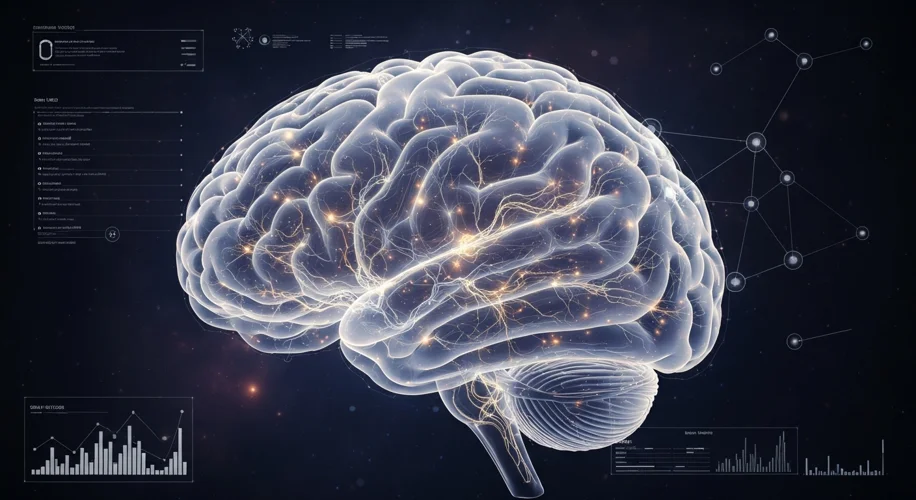Did you know your brain is glowing? It sounds like something out of science fiction, but it’s actually a real scientific phenomenon called biophotons.
These are ultra-weak light emissions that come from all living cells, including the ones in our brains. The science behind this is called biophotonics, and it’s opening up some really exciting possibilities for understanding our health.
What are Biophotons?
Think of them as a tiny, faint glow produced by biological processes. In our brains, these emissions are linked to metabolic activity and cellular communication. The light is incredibly weak – so weak, in fact, that we can’t see it with the naked eye. Special, highly sensitive cameras are needed to detect it.
Why Should We Care About Brain Glow?
Scientists are exploring how measuring these biophotons could change how we diagnose and monitor neurological conditions. Imagine being able to detect subtle changes in brain activity before symptoms even appear.
Early research suggests that the intensity and patterns of biophoton emission might be different in people with certain neurological disorders. For example, some studies are looking at how biophoton levels might correlate with conditions like Alzheimer’s disease or even fatigue.
This isn’t just about spotting illness, though. It could also help us understand how our brains function normally. By observing this light, researchers are learning more about how neurons communicate and how our brain cells manage energy.
The Future of Brain Health
While this field is still quite new, the potential is huge. Instead of relying solely on current diagnostic tools, we might one day have a non-invasive way to assess brain health simply by measuring this faint light.
It’s a fascinating reminder that our bodies are constantly engaged in complex processes, some of which are producing light we can’t even see. As technology advances, we’re uncovering new ways to understand ourselves from the inside out. The glow from our brains might just be one of the next big frontiers in medical science.

